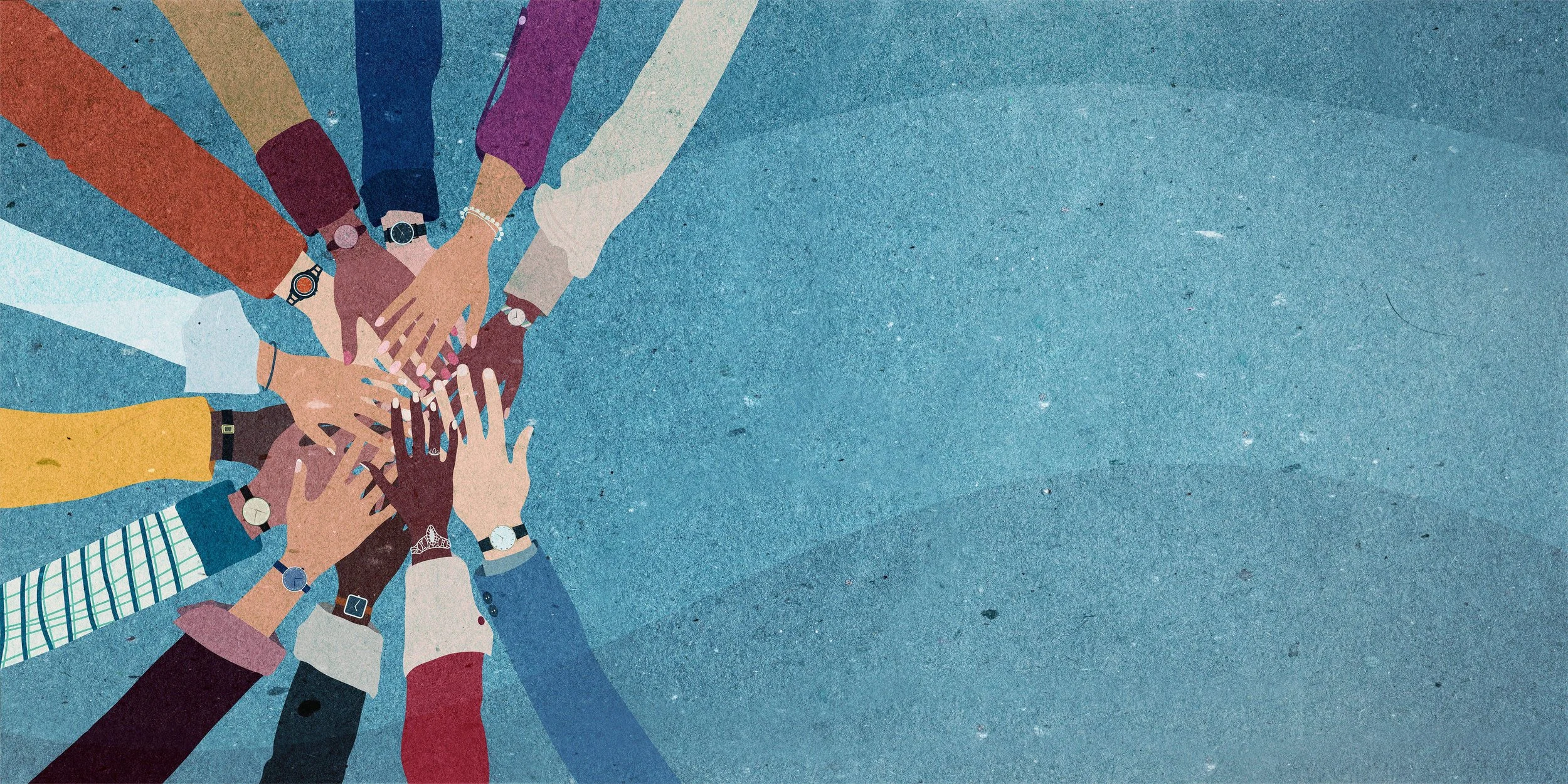Understanding and Supporting the LGBTQ+ Community: Allyship and Pride Month’s Role in Fostering an Equitable and Inclusive Society
During a university discussion about gender, an LGBTQ+ friend of mine casually mentioned, "You're straight, so it doesn't concern you." However, is that truly the case? Doesn't the building of a more inclusive society require us to bridge the understanding gap, irrespective of our personal identities?
The challenges faced by the LGBTQ+ community should concern us all, not just those who identify within this group. In the pursuit of equity and inclusivity, even individuals who don't directly identify as LGBTQ+ are encouraged to understand and address these issues. This is where the concept of 'allyship' comes in. Allies are those who empathize with and support the LGBTQ+ community, working hand in hand to overcome these challenges.
So how can one become an ally and support the LGBTQ+ community, based on insights from an ISACA article?
Gaining knowledge and understanding: The first step towards becoming an ally involves assessing your understanding of LGBTQ+ issues. It's crucial to acknowledge your own knowledge gaps and strive to fill them. Educate yourself about the diverse spectrum of sexual orientation and gender identity, and familiarize yourself with the unique challenges faced by LGBTQ+ individuals.
Promoting dialogue and education: After equipping yourself with knowledge, it's important to disseminate this understanding. Discussing LGBTQ+ issues and instances of discrimination with people in your circle can help shift societal attitudes. Additionally, leveraging social media platforms to share awareness-raising messages can be quite effective.
Taking action: Armed with understanding and through constructive dialogue, you're prepared to act. This might mean participating in LGBTQ+ community events and parades, or standing up against discrimination when you witness it, whether directed at a friend or colleague.
Support and advocacy: Lastly, but crucially, advocate for the LGBTQ+ community. This involves backing campaigns for legal and policy reforms. Recognize your privilege and use it to dismantle discrimination and injustice.
Creating a society that respects everyone's freedom of expression and identity isn't just the responsibility of the LGBTQ+ community; it's a shared responsibility. As societal members, we have the power to build a more equitable and inclusive world by reassessing our attitudes and actions. As allies, each small step we take can collectively lead to significant changes.

